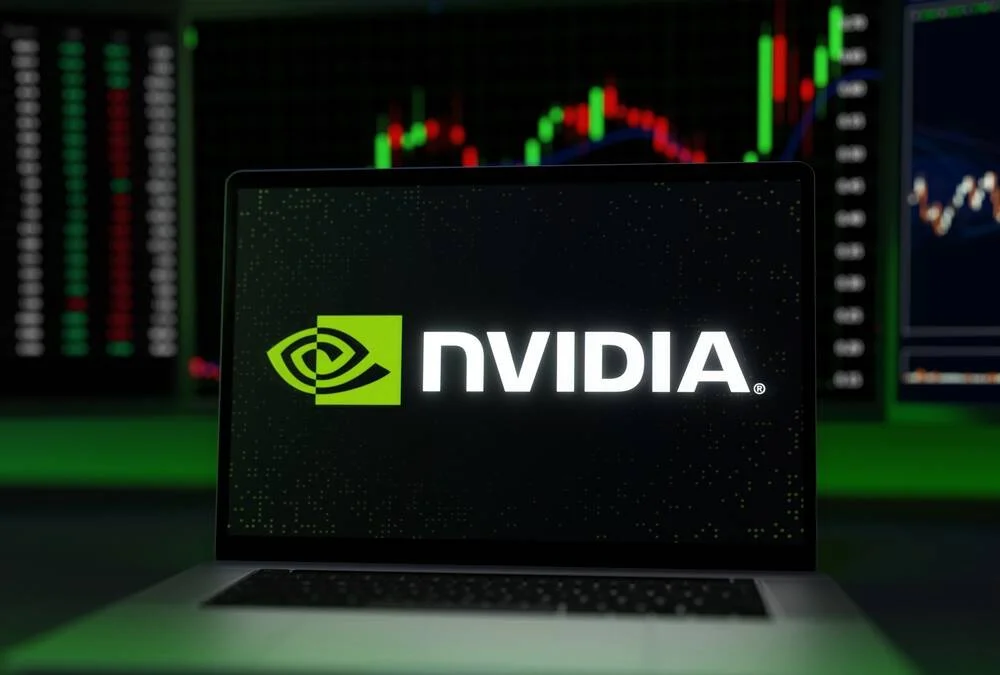Nvidia is set to release its Q2 earnings, with Wall Street largely optimistic about robust revenue and profit growth driven by strong AI demand. Analysts expect revenue around $45.9 billion, up 53% year-over-year, while earnings per share could rise about 47%. Some firms like KeyBanc and Baird even forecast higher numbers, reflecting confidence in Nvidia’s AI data center dominance despite geopolitical uncertainties.

However, Nvidia’s outlook is clouded by uncertainties surrounding the Chinese market. After US export controls restricted sales of Nvidia’s H20 chips to China, there has been recent easing, but China’s skepticism and possible restrictions remain a key risk. Analysts warn that the Chinese market, which alone could contribute billions in quarterly revenue, might be excluded from Nvidia’s near-term guidance, adding a layer of unpredictability.

Nvidia’s earnings also resonate deeply through the global supply chain. The launch of new AI platforms like Jetson Thor has sparked strong enthusiasm among Taiwanese suppliers, including Advantech and Inventec, whose stocks surged. TSMC, Nvidia’s main chip manufacturer, is reportedly expediting production lines to meet rising demands not just from Nvidia but also other major tech clients, highlighting the interconnected impact on semiconductor supply chains.

Why it matters: Nvidia’s earnings serve as a crucial barometer for the AI industry and tech sector health. Strong performance validates the surging AI chip demand, which fuels growth for suppliers and semiconductor manufacturers worldwide, especially in Taiwan. Conversely, any setbacks—especially from the critical Chinese market—could trigger market corrections. Investors closely watch these results to gauge AI’s real economic impact and anticipate broader market trends.

#Nvidia #AI #TechEarnings #Semiconductors #SupplyChain #ChinaMarket #Investment
